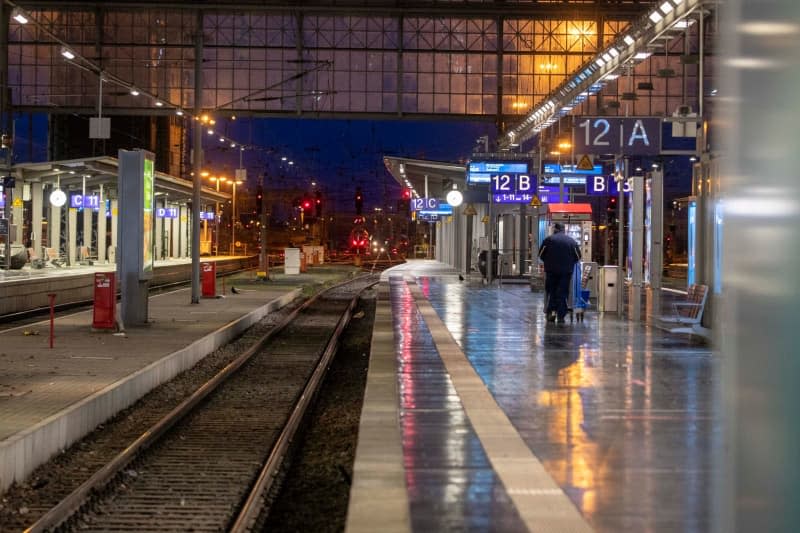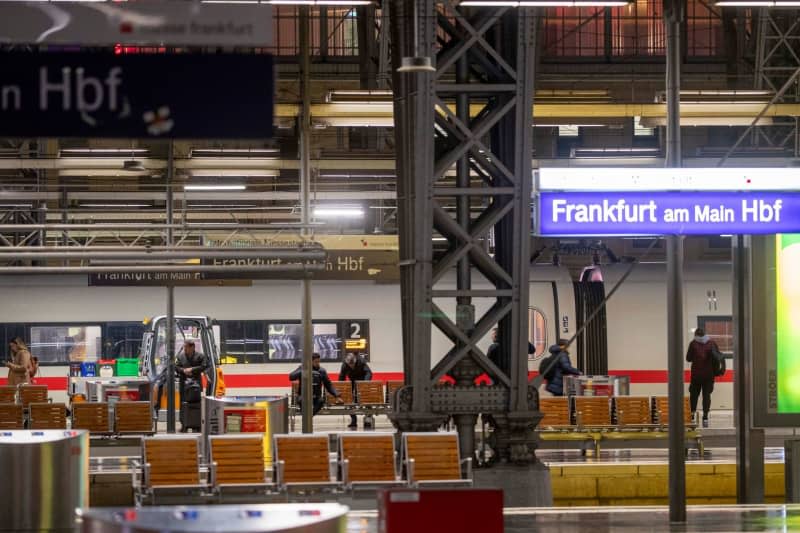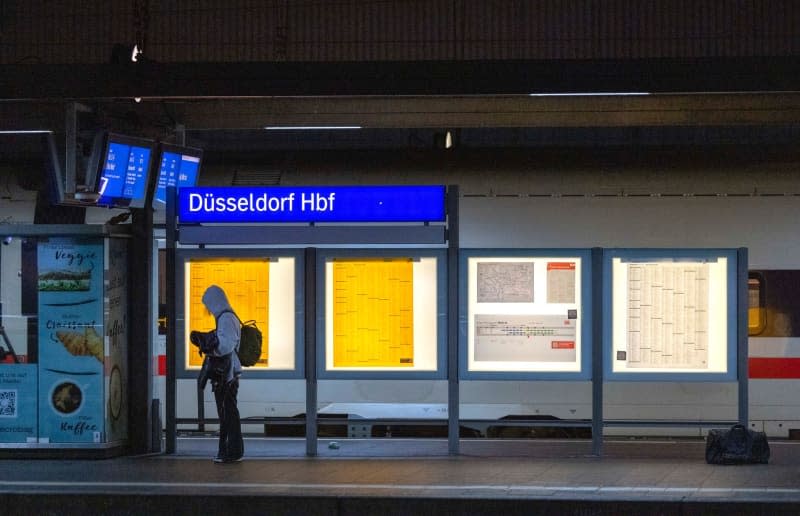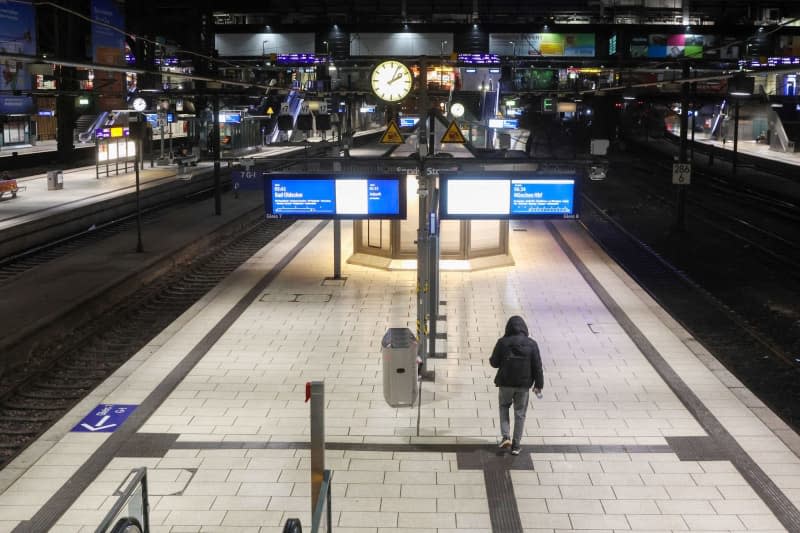Six-day train driver strike paralyses rail transport in Germany

Germany's state-owned railway Deutsche Bahn faced massive disruptions and widespread cancellations on Wednesday as train drivers from the GDL trade union began a six-day strike.
The strike is the fourth in a bitter collective bargaining dispute between the trade union and Deutsche Bahn. The strike would be the longest in the history of the railway, according to a spokeswoman.
The unionized train drivers began their strike on Tuesday evening on freight transport, before extending the strike to passenger rail service nationwide beginning at 2 am (0100 GMT) on Wednesday morning.
The major strike, which is expected to largely paralyse rail transport throughout Germany, is scheduled to continue until Monday at 6 pm.
Long-distance, regional and commuter rail service from Deutsche Bahn were all badly affected by the strike and running on very limited emergency timetables. Businesses and industrial plants have already complained of losses from delayed freight deliveries as well.
Both sides in the labour dispute remained far apart over the trade union's demands for shorter working hours and better wages, raising the prospect of further strikes after the six-day stoppage ends on Monday.
There have been no negotiations since November.
Deutsche Bahn has rejected the union's demands and said they form no basis for continued negotiations. Union leaders have struck a similarly combative tone in comments on Wednesday that accused railway management of intransigence.
The union's confrontational leader, Claus Weselsky, told public broadcaster ZDF on Wednesday that negotiations would resume "as soon as Deutsche Bahn gets off its high horse."
Frustration is growing among passengers and business groups that rely on Deutsche Bahn over the repeated strikes.
The leader of the Pro-Rail Alliance advocacy group, which maintains close ties with both GDL and Deutsche Bahn, criticized the union's hard-line stance on Wednesday and urged mediation.
"Trust is being destroyed both in the economy and among travellers," the association's managing director Dirk Flege said.
German Transport Minister Volker Wissing on Wednesday likewise urged the union to accept mediation.
The fallout from the strike is also being felt well beyond Germany's borders, given the country's central geographic position in the heart of the European Union.
"European freight traffic across the Alps, Poland or to Scandinavia as well as the seaports in Holland or Belgium is also affected," Deutsche Bahn announced, adding that cargo volumes had dropped even before the start of the strike as customers sought to reroute or cancel shipments.
Deutsche Bahn urged affected travellers to check which trains are running via the railway's website or its app.
The company has also set up a free information telephone number that can be used to obtain personalized information about travel schedules.
Anyone who was scheduled to travel with Deutsche Bahn during the expected strike can use their tickets for travel after the strike period, and seat reservations can be cancelled free of charge.




